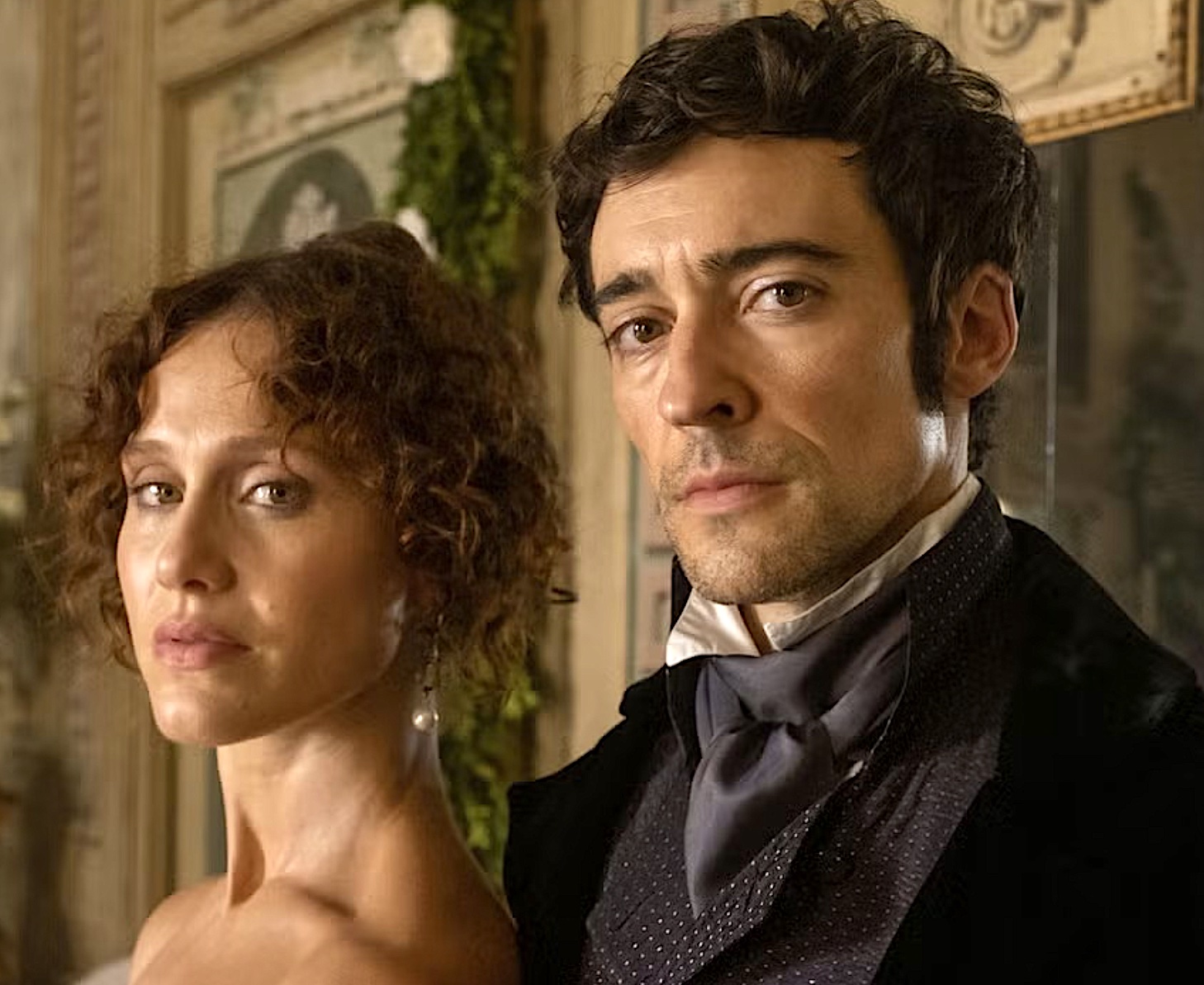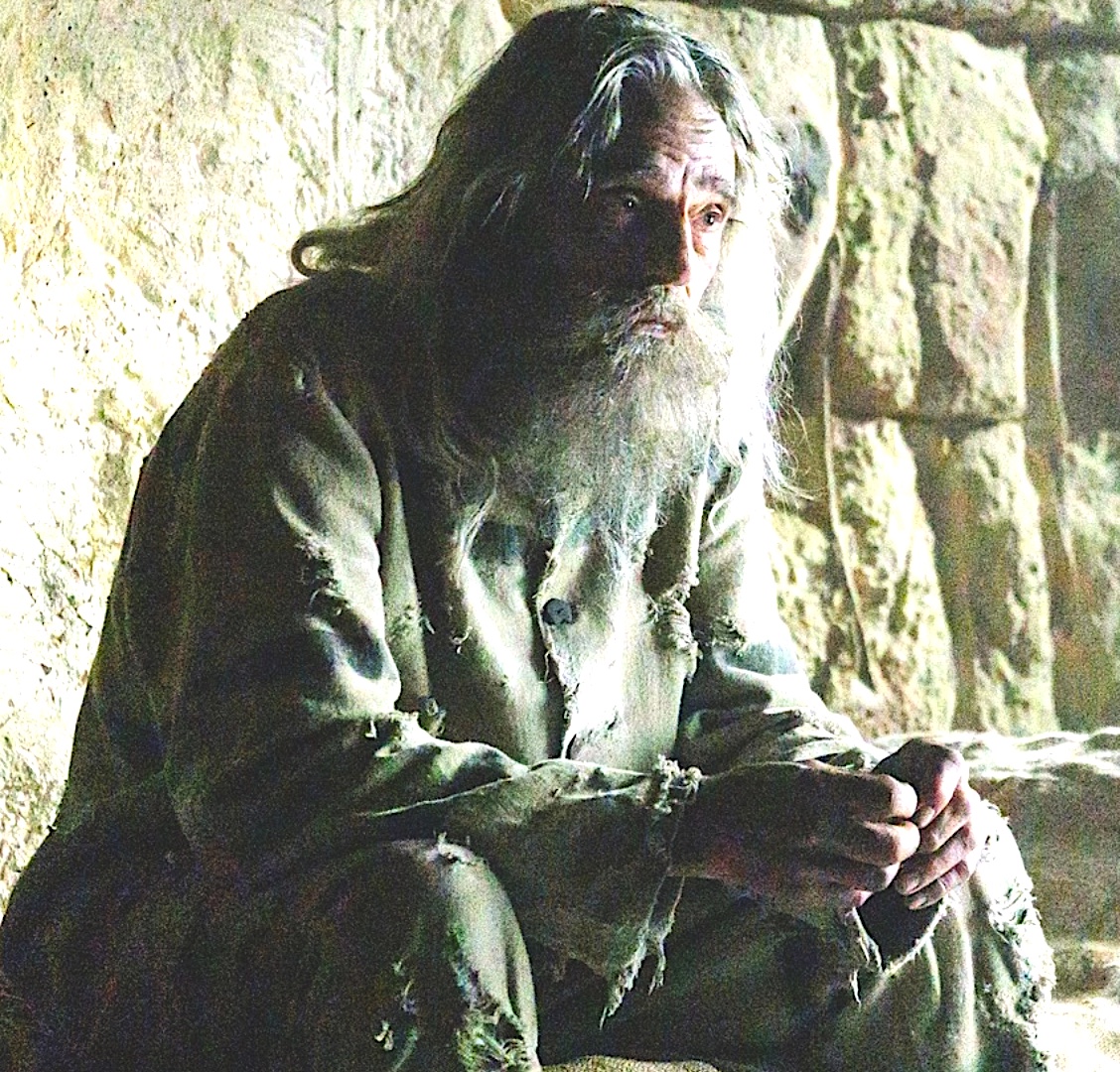Alexandre Dumas’ novel has been filmed an immeasurable number of times (there was a new French version only last year) and televised even more frequently (a Mexican incarnation materialised in 2023). Yet the world still can’t get enough, so here’s another one, this time a French/Italian production with a polyglot Euro-cast.
Apparently much of it was shot in Malta, where the golden Mediterranean light illuminating antique stone towers and ramparts stands in very picturesquely for Dumas’ Marseille. The original novel clocks in at about 1200 pages in most versions – I tried reading it on a Kindle, and after three days I’d reached seven per cent – though the original readers got a more digestible deal since Dumas published it in 18 instalments.
 Mercifully, this one fillets it down to a paltry eight episodes to accommodate the contemporary attention span, and, with the aid of lots of plush locations but not a great deal of dramatic subtlety, tackles the story (or what’s left of it) in a thoroughly traditional way. Doughty sailor Edmond Dantès (Sam Claflin) takes command of his ship when the captain falls ill, skilfully guides it into port through a gigantic storm, then rushes to greet the winsome and decorative Mercédès, his inamorata (Ana Girardot).
Mercifully, this one fillets it down to a paltry eight episodes to accommodate the contemporary attention span, and, with the aid of lots of plush locations but not a great deal of dramatic subtlety, tackles the story (or what’s left of it) in a thoroughly traditional way. Doughty sailor Edmond Dantès (Sam Claflin) takes command of his ship when the captain falls ill, skilfully guides it into port through a gigantic storm, then rushes to greet the winsome and decorative Mercédès, his inamorata (Ana Girardot).
However, everything goes pear-shaped when he’s accused of being a spy for the exiled Emperor Napoleon, having unwittingly carried a secret letter from Napoleon on Elba intended for Bonapartists in Paris. Edmond has been dropped in it by his slimy and resentful ship-mate, Danglars (Blake Ritson), who thinks he should have been made captain, and by his love-rival Fernand Mondego (Harry Taurasi). They are assisted by the despicable Marseille magistrate de Villefort (Denmark’s own Mikkel Boe Følsgaard), who, compromised by having a Bonapartist father, dispatches the blameless Edmond to the black hole of an offshore prison, the Chateau d’If (pictured above, Ritson with Gabriella Pession as Hermine Danglars).
The backdrop of the turbulent Napoleonic period and the Bourbon Restoration lends some historical fascination to the yarn, melodramatically garnished by its hunt for a fabulous hoard of lost treasure, and the cast of characters from low-life ruffians and vagabonds to scheming politicians and unscrupulous aristocrats is never less than entertaining. However, there’s a sort of slightly comical literalness about this dramatisation, with the bad guys invariably wearing a Dick Dastardly smirk while Edmond has a metaphorical sign hanging over his head saying “wronged but righteous”.
 Trapped in the brutal confines of the Chateau d’If, an underfed and unshaven Edmond soon comes to resemble a bearded castaway from some faraway episode of Monty Python. However, a welcome squirt of thespian whimsy is injected by the appearance of Jeremy Irons as the Abbé Faria (pictured right), the indescribably ancient cleric in the next-door cell who has been scraping off little shavings of wall for aeons as he tries to find a way out of his onerous confinement.
Trapped in the brutal confines of the Chateau d’If, an underfed and unshaven Edmond soon comes to resemble a bearded castaway from some faraway episode of Monty Python. However, a welcome squirt of thespian whimsy is injected by the appearance of Jeremy Irons as the Abbé Faria (pictured right), the indescribably ancient cleric in the next-door cell who has been scraping off little shavings of wall for aeons as he tries to find a way out of his onerous confinement.
The Abbé addresses Edmond rather like a venerable thespian who has been preparing to give his Hamlet at Stratford, and he proceeds to impart a quite astonishing range of knowledge about almost every subject under the sun. It is of course he who tips Edmond off about the secret stash of riches on the isle of Monte Cristo, which will duly provide Edmond with the resources to reinvent himself as the titular Count and then go on an incredibly elaborate spree of wreaking vengeance on those who betrayed him.
Dumas’ story has stood the test of time, and it will probably survive this remake with most of its dignity intact. It’s silly telly for the silly season.















Add comment